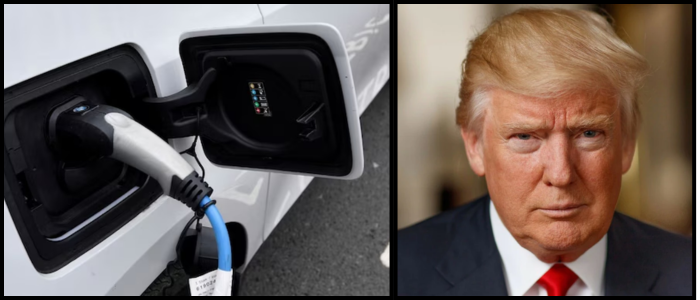Judge Lin also ruled that the states are likely to prevail in their lawsuit, which says the administration violated the law by halting funds that had already been awarded to expand electric vehicle charging networks. The money was awarded previously under the Biden-era National Electric Vehicle Infrastructure (NEVI) program.
Program Shut Down Prompts Legal Firestorm
The Trump administration put a freeze in February on the $5 billion NEVI program, halting state plans for the funds while it reviewed them. The funding was supposed to reach up to 80% of the costs to install EV charging networks throughout the country.
While 14 states persuaded the court that they faced immediate harm from the suspension, Judge Lin excluded the District of Columbia, Minnesota and Vermont from the injunction because they had failed to demonstrate an urgent effect.
In May, the Government Accountability Office found that the Trump administration violated the law in withholding the EV funds and said it must implement the program as originally intended. But the White House dismissed the GAO's findings as "legally indefensible," and it directed the Department of Transportation to disregard the recommendation.
Broader Implications and Further Discussion
New guidance on EV infrastructure is expected from the Department of Transportation this month. For now, the temporary court order allows states to keep accessing the grants they had previously been approved.
There are now at least 16 states with operational EV charging stations, based on data collected by the EV States Clearinghouse. The ultimate result of this legal fight may have a huge impact on how fast and in what direction the nation moves to electric mobility.
Top

Judge Blocks Trump Admin From Freezing EV Funds

A federal judge has put a halt on the Trump administration's attempt to withhold billions of dollars in electric vehicle (EV) charging infrastructure funding from 14 states, for the time being. The order, issued on Tuesday by U.S. District Judge Tana Lin in Seattle, allows the administration seven days to appeal the ruling.











